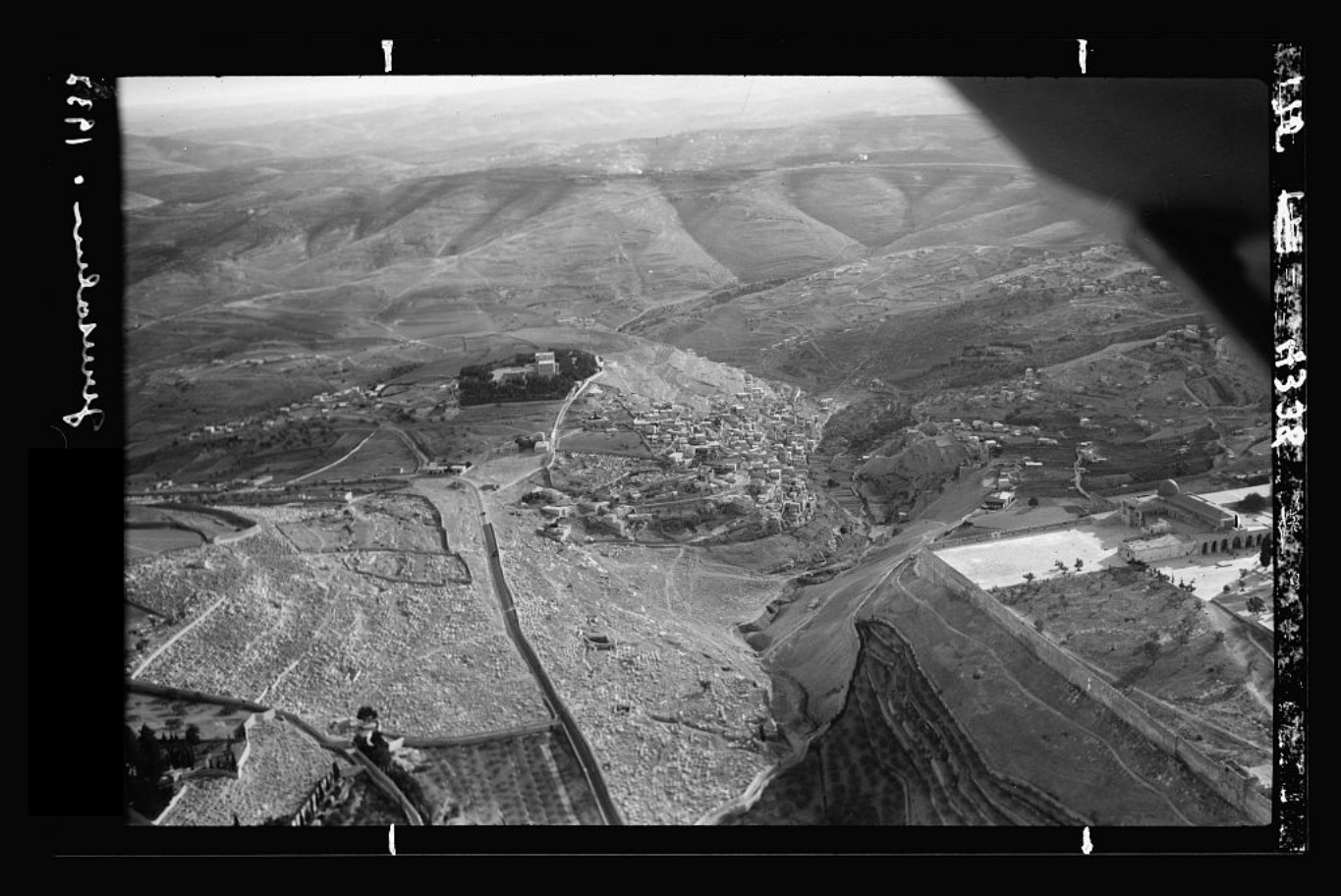You could never accuse Edward Said of sentimentality. His was an absolutely prim prose: every word, every phrase, every sentence chosen with the care a composer might set down notes on a staff. We remember Said the stylist–if we remember Said at all. Gifted (or cursed) with the kind of popularity that precludes real engagement, the figure those of us touched by his late style bring to mind on hearing his voice stands at a far remove from the Said of popular imagination. Said the postmodern bete-noire, Said the activist Ivy League professor, Said the ‘last Homeric hero’. This should not surprise us much. His commitment to what he insisted on calling humanistic practice and philology are all too often a source of shame for his readers and receivers.
The Said of popular memory is the Said of Orientalism, not the Said of Humanism and Democratic Criticism. If this man, this monster, is remembered at all, he is remembered as a betrayal of all that was best in the public commitment of the activist professor. His background in literature, his stated love for the high-brow and the ‘difficult’, his visceral disdain for Umm Kulthum, are all too many indictments. Posh and prudish and proper, it is this man we must recover, because it is this voice that the left hears least and needs most–a voice, yes, severe, yes, aristocratic, yes, dainty, but a voice unafraid of itself, absolutely secure in its own integrity, a voice genuine, and a voice which, for all its efforts to prevent it, never comes across as anything more or less than human. For Said, humanism was a worldliness, a recognition (born from and shared with one of his great heroes, Giambattista Vico) that history, as something human beings made, was something they could understand and which they ought to claim responsibility for if they want it to be something else.
Humanism, I think, is the means, perhaps the consciousness we have for providing that kind of finally antinomian or oppositional analysis between the space of words and their various origins and deployments in physical and social place, from text to actualized site of either appropriation or resistance, to transmission, to reading and interpretation, from private to public, from silence to explication and utterance, and back again, as we encounter our own silence and mortality–all of it occurring in the world, on the ground of daily life and history and hopes, and the search for knowledge and justice, and then perhaps also for liberation.[1]
You could never accuse Said of sap, but you could honour him for his commitment to shtick. Justice? Knowledge? Liberation? These are words, and words can be twisted and serpentined into any sort of shape. Said’s ‘humanism’ is an anachronism, a utopianism, one of the many pudenda of a man who rarely centred class in his analysis and represented to his most vitriolic opponents a deformed, bourgeois politics. What is socialism? It is not a commitment to universal emancipation, not a desire to see all reconciled to all, it is finesse, suave, knowing how to navigate without too much fuss the storm of history. The proletariat are the winning side, and nobody willingly bets on a loser. Said the eclectic, Said the champion of ‘affiliation’ over ‘filiation’, genealogy, party lines, is Said the suspect–and it is this Said that has been helpfully forgotten to ensure that the lessons learned from a lifetime of his ‘interventions’ are those which will unsettle us the least. His late style speaks of a reconciliation between the new radicalism and the old philology, of a need for close attention as a matter of individual intellectual integrity. To encounter this face of the man is to begin to see alternatives, to imagine different ‘styles’ of engaging with the world as people irrevocably bound to it and trapped in it.
We are surrounded by dark immensities. Save for stellar screams, which might once have been taken for the song of the spheres, we float free in the void. Our only comfort is from one another: the lone human voice, crying from the depths of its misery and desolation. Tears, shed at random for oneself and one’s enemies, the sign that things do not have to be the way they are. These silent eternities frighten me, but the human mind, capable of projecting itself out into the darkness, lightens them so long as it lives, and makes life here on earth more bearable. Styling himself with the ‘fussiness of a rooster’ (to paraphrase Mahmoud Darwish), Said was the very antithesis of ramshackle sentiment–but if there are living roots to naive dreaming, to love and morality as modes of political engagement, Said drew water from them just as well.
Imagination, reason, titanic sanity and independence, these are the virtues Said cultivated–and in the midst of unspeakable horror, these are virtues we must learn ourselves to retrieve. Activism that emerges from a lifetime of intellectual commitment, distant enough from the ‘cause’ of choice to allow judicial independence but never so far away that the prophet’s voice can’t be heard. The left will always need a conscience, however much it might spurn the charge, and all of our theories bubble up into the aether to nothing if we are incapable of giving them the heft of compassion made solid by rigour, wide learning, and insistent (if irritating) interrogation, that says without any guilt whatever never solidarity before criticism. We seem to have a constitutional inability to recognize that the end of action is contemplation, a capacity to stop and reevaluate, to enjoy, to appreciate–and when that leisure belongs to a few, instead of seeing their possession of it as implying a responsibility to ensure others should be so lucky, they repudiate it, ashamed.
Is it possible to intervene historically in the confessional mode? It’s a twist of fate that the most personal writers are those who wrote with the least interference from the details of their own lives. Their work, an immortal container for consciousness, took its place. Said, the permanent exile, the meeting-ground and physical embodiment of the contradictions of colonialism, was perfectly at home in the world, perfectly at home in exile, and his non-political work is a living artefact of a life lived in aspiration of the cosmopolitan. It is a mark of his greatness of spirit that, as one writer has pointed out, of all the identities and all the selves available to him, he chose to be a Palestinian out of that same drive.
An eagle flies ever-higher,
But life above Olympus and her peaks,
Breeds boredom.
Farewell,
Farewell to the poetry of pain![2]
The wise man tells us history is one thing and redemption quite another. I live by different lights. Tears flow freely for the one who has room enough in his heart for his enemies, for his friends, for those who have come before him and those who will inherit the fruits of his impotence. I fear there is no future for a left ashamed of its own convictions, insensate of its humanity, unwilling to imagine the redemption of its enemies, and incapable of repeating with Edward the lines he said over and over again:
For it is not true that the work of man is finished,
That we have nothing more to do in the world,
That we are just parasites in this world,
That it is enough for us to walk in step with the world,
For the work of man is only just beginning and it remains to conquer all,
The violence entrenched in the recess of his passion,
And no race holds a monopoly of beauty, of intelligence, of strength, and
There is a place for all at the rendezvous of victory.[3]








